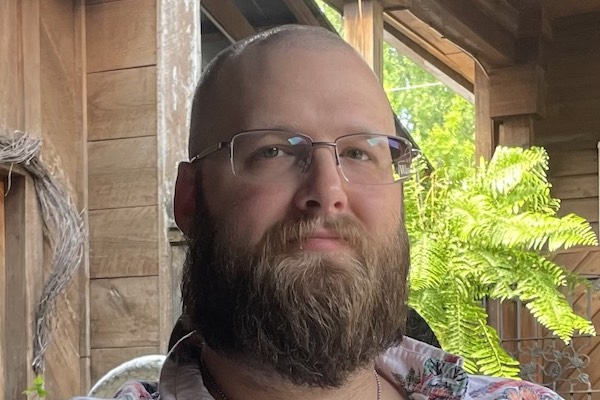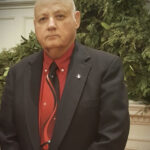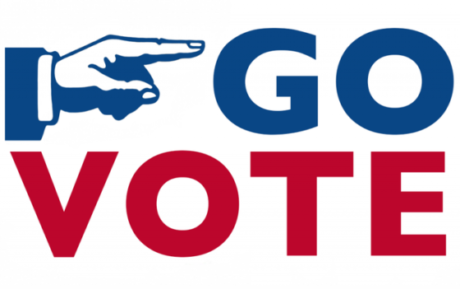It’s October, which means it’s time for another thing to be aware of. This go around it’s Pregnancy and Infant Loss Awareness Month. I was two weeks in before I even knew that this was a thing. Unfortunately, my wife and I entered the month mourning the loss of our second miscarriage. We’re trying to build a family, and don’t have any kids of our own yet, so this has all been a journey of learning and growing together. Everyone we’ve talked to has shared the same quips of child-raising though: “parenting is the best thing you can do,” and “you’ll never be truly ready for them to come!” What never seems to get the same energy in conversation is what happens if you lose the baby.
In fact, every miscarriage I’ve ever been privy to went about the same way:
“So and so had a miscarriage.”
“Oh, that sucks.”
“Yeah.”
No one really seems to talk about the pain, at least not openly. I certainly wasn’t prepared for it. We lost our first around the seven weeks mark. It hurt, but I think I was still reeling from the idea that I was going to be a father that I didn’t have time to fully comprehend it all.
This time around, however, I was invested. We were working on converting our spare room into the baby’s space, our doctor had already given us a nickname that we were using, and we were tracking each week’s growth by the size of fruit (I was pointed towards a chart of car parts that was equally effective.) When we lost the baby around ten weeks, my wife knew the end was coming. She could feel something wrong, even when the labs and ultrasounds weren’t definitive. I was still holding out hope based on what the doctors had told us the day we went to the ER when she came out of the bathroom and told me the news.
I couldn’t speak for a week. Who do I get angry at in a situation like this? Who is to blame? Certainly not my wife. She’s hurting, too, and arguably more than I could ever understand.
What was she feeling? In her words, she felt that something was wrong with her body, and she wasn’t able to give me a child. I know she’s been dreaming of motherhood since she was a child herself. I didn’t know how to respond to that. How do I react to the loss of a life that hadn’t even arrived yet? Even now, I wonder.
I’m not here to start a fight about when life begins. I don’t think that has anything to do with what happens with a miscarriage; loss of life does occur, whether we argue that life happened at conception or whether it would’ve come at birth—it’s now gone.
My wife and I weren’t waiting nine months to begin planning for the arrival of our baby. The Lord knows that if we did, we would’ve been more unprepared for parenthood than we’re going to be just by having our first child. We were excited—we were going to be parents. We were going to have the opportunity to raise and nurture a life of our own, and we were going to do it together. In a single moment, all of that was gone, and there was nothing we could do to prevent it.
Why am I talking about this? I’ll admit that this column is a healthier outlet than drinking away my pain might have been. I’m not airing my problems to you just to have a public journal, though. I wish someone would’ve told me how much this hurt.
My wife wishes someone would’ve told her the aftereffects of a miscarriage. We’ve talked about what happened, to each other and to friends and family, and a common theme kept emerging—no one talks about the pain. I feel grateful that we live in a time where conversation is more open than it once was, and we can speak on tough subjects such as these. Someone has to be willing to start the discussion, though.
The good news is that I’ve discovered that talking helps. I was unprepared for a loss I didn’t know could exist. I think that’s why I was silent for a week straight. It was difficult to wrap my head around the emptiness that embodied a future that I saw spanning a lifetime but will never know. I didn’t know that this is what people go through. I didn’t know I wasn’t alone. Maybe, just maybe, if we open up a little more, we’ll learn that we’re not so different after all.
Who knows, perhaps in doing so, we can begin to appreciate the life around us more, and that can help close the distance that we always seem to find between us in society.







